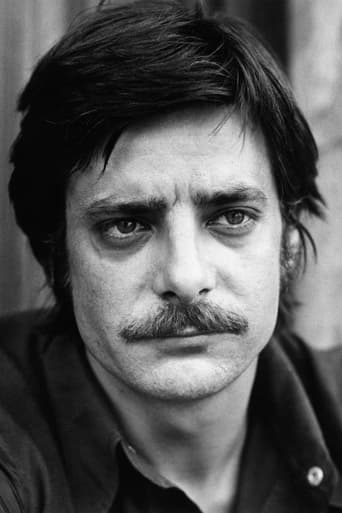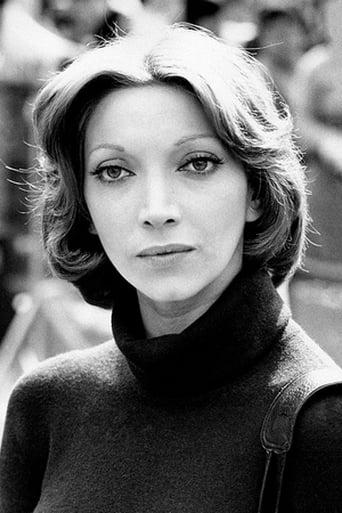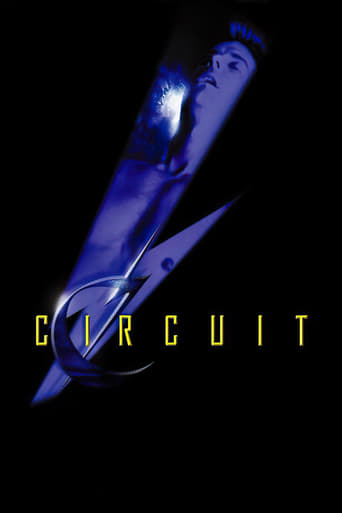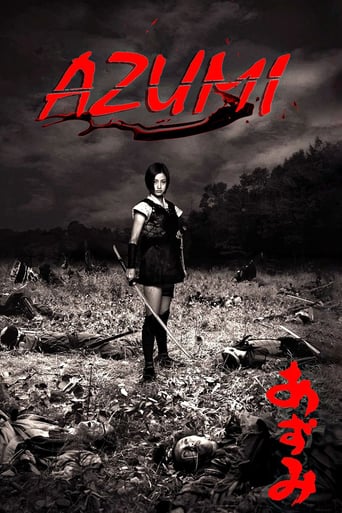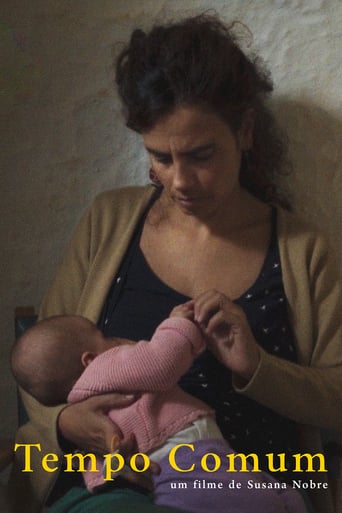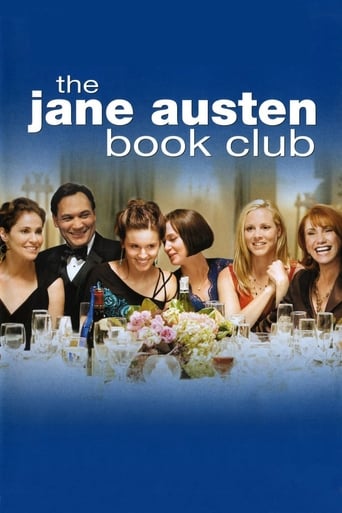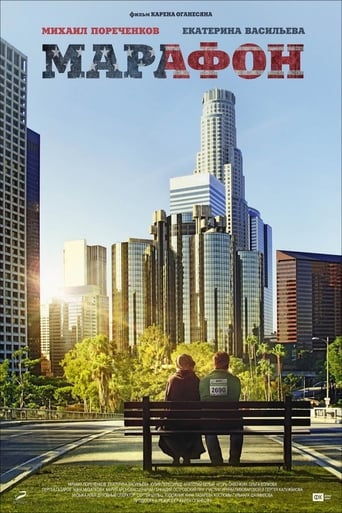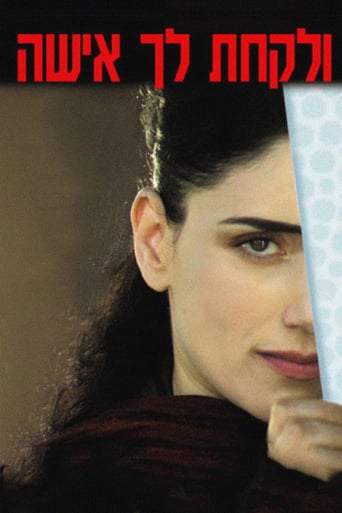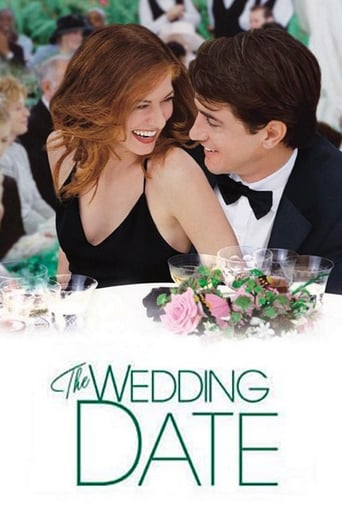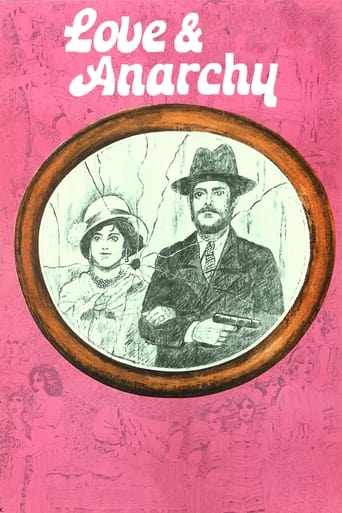
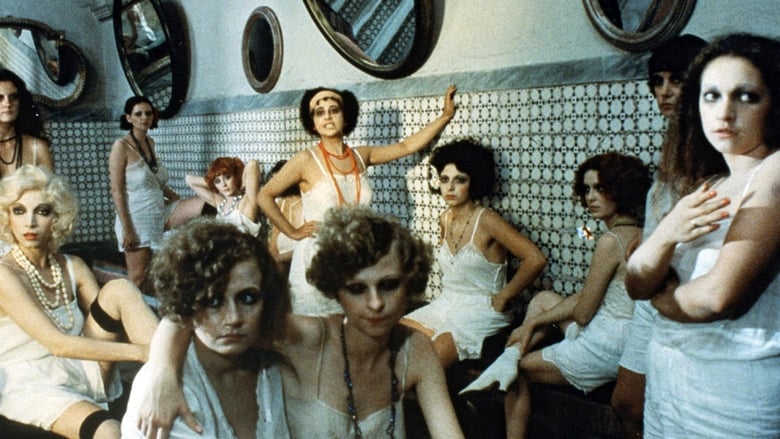
Love and Anarchy (1973)
Set in Fascist Italy before the outbreak of World War II, the story centers on Tunin, a farmer turned anarchist who stays in a brothel while preparing to kill Benito Mussolini. There he falls in love with one of the whores.
Watch Trailer
Cast


Similar titles
Reviews
It's such a shame that Wertmuller no longer commands the interest of producers. She gave us such powerful films, and at her peak, she and Giannini could do no wrong. European directors have given us films that excoriate Fascists. There is Bertoluci's "1900" and "The Conformist"; Costa Gravas's "Missing", there is "Schindler's List","The Pianist", "Two Women" are just a few of a long list. What does Wertmuller show us? Simple people get caught up in every single war, WW 2 was no exception. There were probably all kinds of attempts to kill Mussolini before he was finally caught and hung up like a piece of meat. This movie takes place early in the rise of El Duce. To openly show displeasure with his black shirted thugs would guarantee a short and brutal outcome. The same held true for those brave and furious souls in Spain and Germany who tried (in vain) to stand up against Fascism. The main story in this drama is the almost mad plans of a simple country bumpkin who seeks to avenge the murder of an "anarchist" who planned to kill Mussolini but got carried away and told everyone in the town of his plans. Next thing we see is him murdered. Giannini's character shows up in Rome and seeks refuge in a brothel (all pre-arranged), after having gone to France for training in shooting a gun. Much has been made of the mayhem inside the brothel but to me this is color adding to the texture, it is subtext. The main body of this drama evolves with Tunin and his trembling approach to the plot. That he becomes embroiled in an unexpected love for a prostitute is but one twist in the plot. There are several wonderful scenes where he has ample opportunity to kill a vile fascist thug who is a regular at the brothel but he refuses to get sidetracked. Even after having fallen in love he still refuses to divert from his presumed destiny. He fully expects to either fail or even if successful to get caught and killed for his efforts. "Tunin" tries to make sense of his confused feelings and at the end has to abandon clarity for duty. He is confused, frightened and compelled to honor his fallen comrade. The surprise twist (I won't spoil it) at the end of the film pushes him over the edge into an irrational, spontaneous and self destructive spree. His fate once met is anti=climactic, he having already intuited the end. The film is funny, tense and upsetting. I simply cannot believe how fast Mariangela Melato speaks, she sounds like the fast rattle of a machine gun. The cast is totally wonderful, the direction tight, with evocative single frame shots of Tunin in a pose, creating a "snapshot" feel, supporting his introspection as he plans. (An aside: what is up with Giannini's face? He looks like his face was covered in splotches ...like freckles; he looked sickly and scary and did not look like this in "Swept Away") Anyway, a really powerful drama, the likes of which we just don't see today.
Directed by Lina Wertmüller in 1973, "Love & Anarchy" is an indisputable classic. Universally identifiable and immediately entertaining, Wertmüller carries her audience into the mind and times of Turin, a peasant in 1930s Italy. When one of his close friends and idols is killed by fascists, Turin becomes obsessed with anarchist ideals he hardly understands, and sets off to exact an awful vendetta--the assassination of Italian dictator Benito Mussolini. The plan gets off-track when Turin falls in love with Tripolina, a prostitute in the bordello where he lives in the days leading up to the assassination attempt. We soon learn that Tripolina returns his love, and the tragic stage is set. Knowing full well that the assassination attempt, successful or not, will surely mean his death, Turin is suddenly gripped by fear. When all he had at stake was a quiet life on the farm, he was glad to give it up for a chance at changing the quality of life for his peasant countrymen. But now, having tasted the happiness love can afford, can Turin really carry through with this suicidal act? Can he truly give up his life for a belief he once thought was worth dying?"Love & Anarchy" is a brilliant study of turmoil and human testing in the face of insurmountable odds. It begs the question--is it better to bow and live, or stand up and die? How much can a people be crushed before someone makes a sacrifice for the betterment of society? Whose responsibility is it? And on a grander scale, is it better to live happily, contented by love or family, and leave the world untouched, or to attempt real change by sacrificing everything in exchange for it? "Love & Anarchy" poses all these questions, but it offers no easy answers.Wertmüller's favorite actor, Giancarlo Giannini, plays the peasant boy, Turin, with beautiful humility. He wordlessly portrays infinite subtleties of emotion with body language and facial expression alone. Giannini has the face of a silent movie actor, and in fact was touted as a new Chaplin in the 1970s. Playing opposite him as the prostitute Salome is Mariangela Melato, who viewers may recognize from Wertmüller's "Swept Away." She, too, delivers a wonderful performance. The style and pacing of the film are excellent. Cinematographer Giuseppe Rotunno captures Rome in a gorgeous, yet unobtrusive manner.In "Love & Anarchy," Wertmüller doesn't pull any punches. As par usual, she lets the politics of her movie decide the fate of its characters, and tragedy ensues. One must admire her for making an extraordinarily brave and beautiful film. She exhibits how powerful and effective a tragic story can truly be in exploring the more complex questions of life.
The well-regarded director Wertmuller made this movie which is a slow study into how brutality and violence can be saved my love in my opinion. It is very operatic which is how she chose to attack it. The direction, I can say is flawless but the movie feels incomplete. First, I am more the director who uses visual images rather than hammy stagey dialogue to tell their stories. Carnini is the only actor who does not use a pantomime, overexagerrated style in the movie until the very end, while everybody else does. It softens the impact of the movie as it is the quieter moments that carry real weight. The style of direction is very narchiac with wonderful wide shots and good editing creating an effigy of exuberance over the picture. Most of the picture set in an italian bordello where the fascists of italy stay is a place for both love between carnini and pesilamo. Images are beautiful, and certain individual scenes work while others don't. We are left with a great understanding of what love must feel like but the brutality of man is never explained. It esssentially sets up the theory that all fascists are naturally evil. The ending tells us it is the stoty of one man while the movie sets it up as the story of every man. This the best explanation I can give without speaking too much about its plot. Wertmuller was much better in Swept away and seven beauties. But for an introduction to Wertmuller, and arty Italian cinema of the sixties and seventies which dealt very operaticly with evils of fascism.
Giannini is hilarious as a dim-witted hayseed anarchist, who, en route to assassinate Mussolini falls in love. An exuberant, vital, full throttle feast of a film, mostly set in a lusciously decadent Roman brothel, where Wertmuller, (who also wrote the very witty script) successfully directs the extraordinary (and excellently acted) characters through wild changes of mood, and juggles powerful politics, tender romance, horrible farce and tragedy with exceptional flair. Rotunno's photography is delicious; the unusually potent period atmosphere is splendidly captured by Enrico Job (Mr Wertmuller) and the music by Rota/Savina is perfect. Wertmuller at her most accessible.


